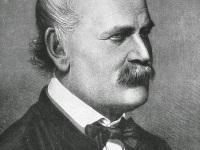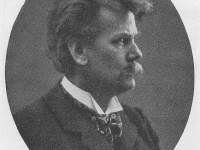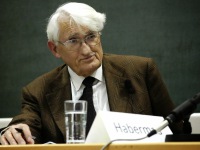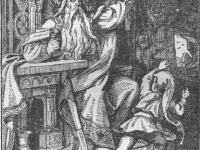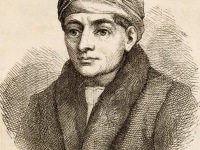Ignaz Semmelweis and the Importance of Washing Your Hands as a Doctor
On July 1, 1818, Hungarian physician of German extraction Ignaz Semmelweis was born. He is best known for his discovery of the cause of puerperal (“child bed”) fever and introduced antisepsis into medical practice by insisting on health workers rigorously handwashing between patients, and clean bed sheets. Ignaz Semmelweis – Youth and Education Ignaz Semmelweis was born in 1818 in the Tabán sub-district of Buda, Hungary, in 1818 as the 5th child of the…
Read more

